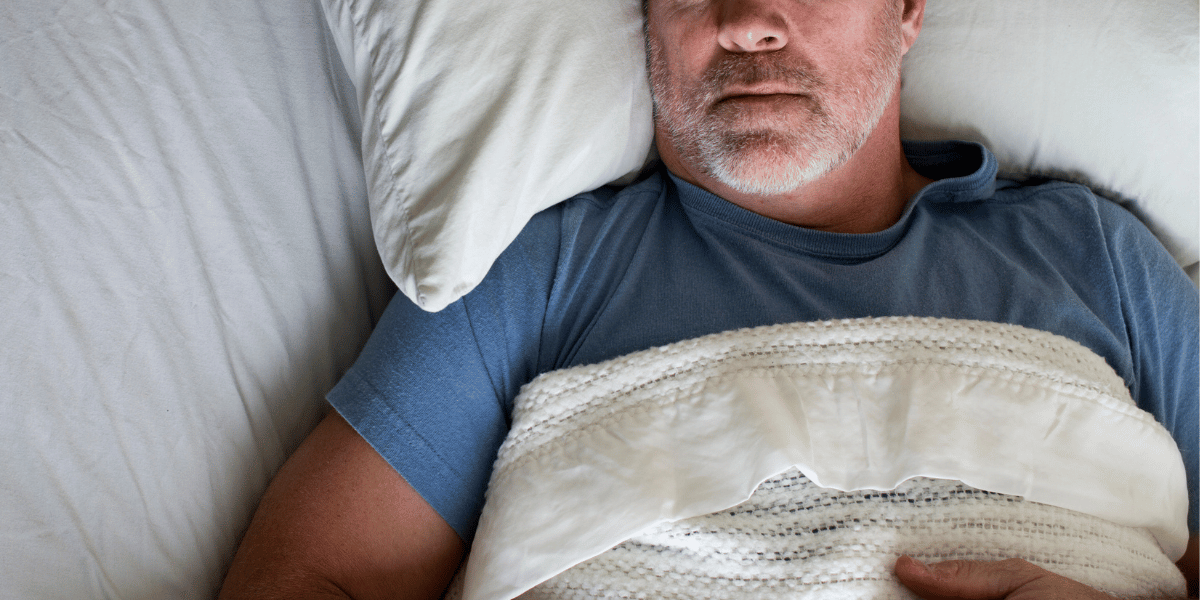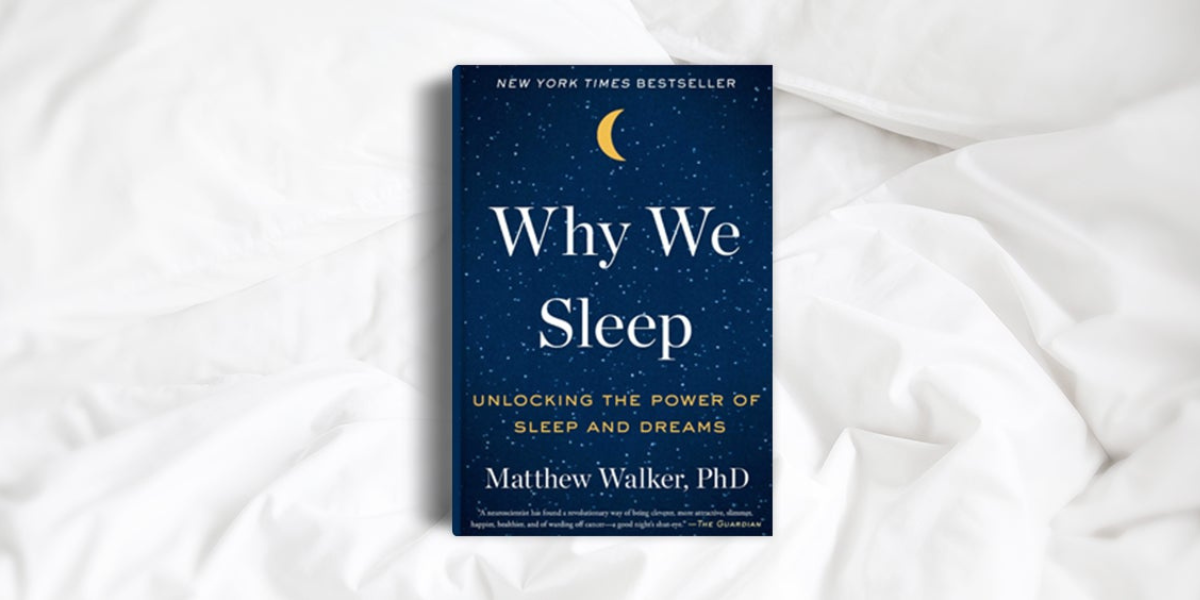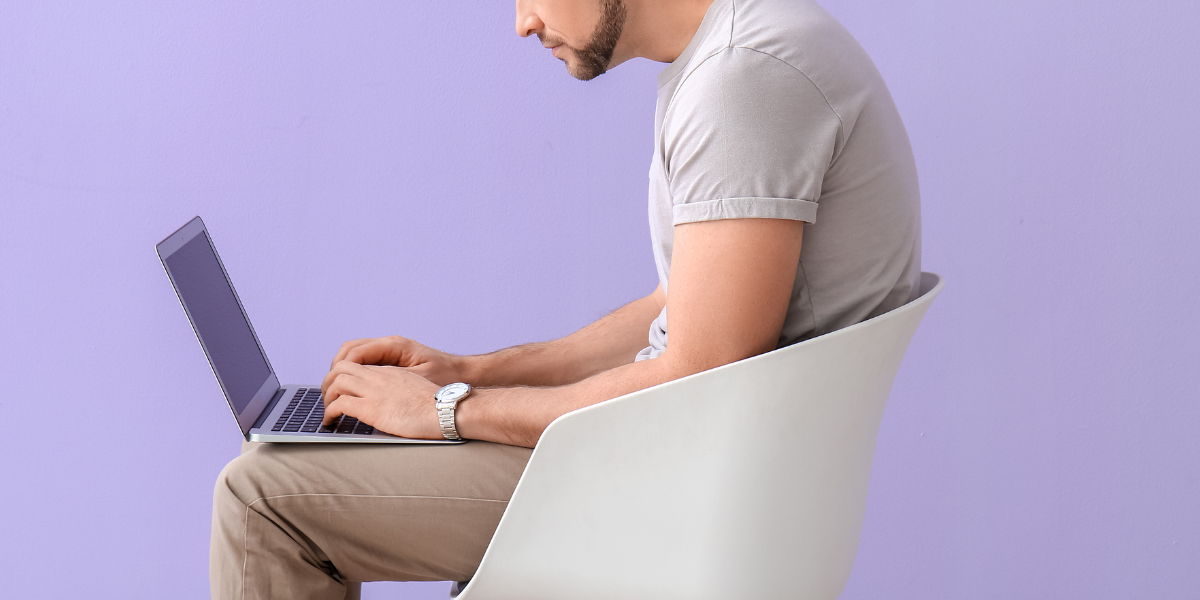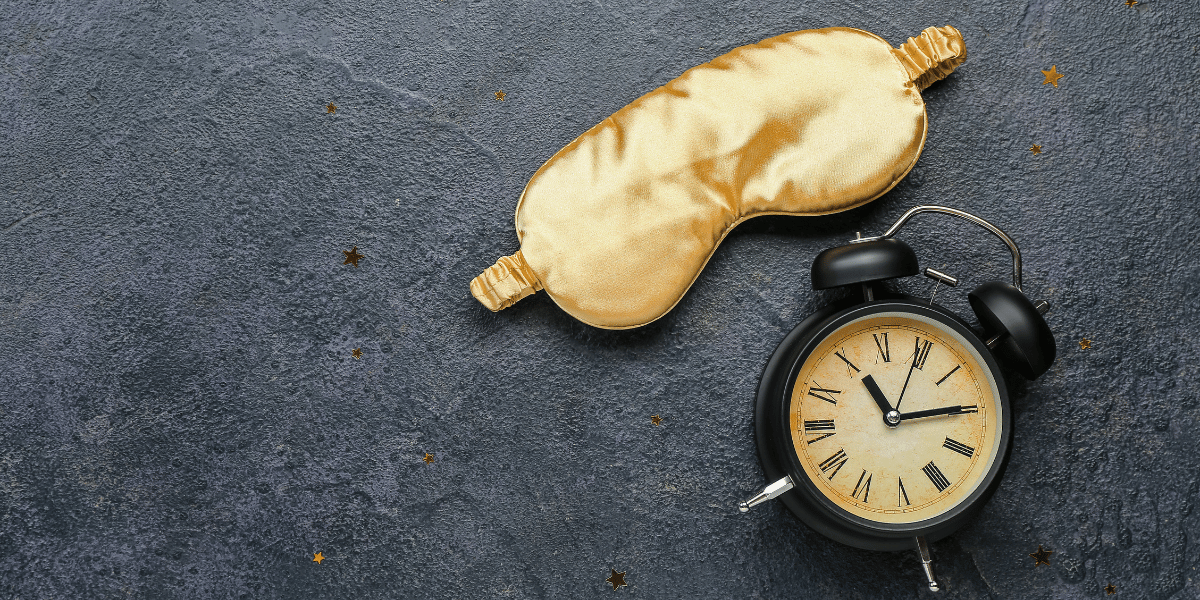5 Takeaways from 'Why We Sleep'
In this fast-paced, 'always-on' world, sleep often gets relegated to the bottom of the to-do list. Enter Matthew Walker's "Why We Sleep." Walker, a...
.png?width=70&height=70&name=Stark_LogoMark%20(1).png)

Many people make the mistake of thinking that sleep is a passive activity. It’s normal to put effort into preparing for physical activity like stretching, warm-up CARs, and dynamic movements. But when it comes to sleep, most people assume it’s something that just happens to you.
In order to get the most restful night’s sleep, it requires active participation- this is called “sleep hygiene.” It’s the habits and routines around sleep that set you up for success!
Let’s talk about sleep ergonomics. You spend approximately 1/3 of your life in bed, so if you're doing it wrong, then it can lead to big problems! While most people assume that whether or not you’re a side/back/stomach sleeper is just a natural preference, but these are things you can actually adjust to help optimize your sleep quality and quantity!
Back is best! This is because sleeping on your back keeps the most tension and pressure off your joints and muscles. If you've ever woken up in the middle of the night with your back, hip, or shoulder in pain, it can be related to pressure on your joints or spine. Especially if you are the type of person who wakes up to your arm going numb from having it in the wrong spot, adjusting your sleep position can allow you to sleep through the night without these annoyances waking you up, plus you'll feel better in the morning!
Humans spend all day standing upright, with the pressure of gravity compressing your spine, so the 7-8 hours of sleep is valuable time to let your spines decompress. Stark’s own Dr. Justin Cheng, DC recommends that even those with sleep apnea or snoring problems should try to sleep on their back if possible.
Here are some tips to help you sleep on your back:
Another big missed opportunity for improved sleep quality is with the mattress you sleep on. You spend 1/3 of your life sleeping, plus you more than likely use the same mattress for YEARS. So selecting the right mattress is well worth the investment!
As a general rule, a firmer mattress is the way to go. Sleeping on a firm mattress helps maintain optimal alignment for your spine. Although softer mattresses may "feel” better, that softness allows the body to move, rotate, and sink into different positions. That movement can aggravate orthopedic issues or cause pain because your spine and joints may rotate and/or come out of alignment. The only time a softer mattress would be beneficial is if sleeping on your side is a must. If you read the last section about sleeping on your back and thought "there is a 0% chance I even try this" then it is actually better to get a softer mattress. Trying to use a firm mattress and sleep on your side will make things even worse!
Considering the sheer amount of time you spend in your bed, it’s important the think about the quality of ingredients that your mattresses are made of. While this will not necessarily have a huge impact on the quality of your sleep, it can have a large effect on your health long term. Many mattresses use metro-chemicals that off-gas during the night. So you could be inhaling these toxic chemicals for 8 hours per night every single night! If you’re going to make the investment in a good mattress, we recommend getting an organic mattress, such as the Avocado Mattress.
When it comes to choosing the right pillow, the general rule of thumb is this: use a thin pillow if you choose to sleep on your back and a thicker one if you sleep on your side. This is intended to help keep your neck and shoulders in a neutral position. If you must sleep on your side, the thicker pillow will help do this. Also, placing a pillow in between your knees while sleeping on your side will help keep your hips and pelvis in a neutral position.
They say it takes anywhere from 21 days to 254 days to break a habit! Building good sleep habits can be a challenge, but well worth the time and effort if you want to get high-quality, restful sleep!
This means being an active participant in your sleep, which is why Stark recommends creating a bedtime routine to help your body and brain prepare to wind down and prepare to rest.
Here are some fantastic sleep hygiene practices to incorporate in your pre-bed routine:
Hopefully these tips will give you some strategies to improve the quality and duration of your sleep. But more than anything, remember that you have to work hard to sleep well!

In this fast-paced, 'always-on' world, sleep often gets relegated to the bottom of the to-do list. Enter Matthew Walker's "Why We Sleep." Walker, a...

Magnesium, an essential cofactor in hundreds of enzymatic reactions in the body, plays a crucial role in maintaining overall health and well-being....

Sleep is often relegated to the background in our bustling lives, overshadowed by the pursuit of success, health, and happiness. Yet, as our nights...